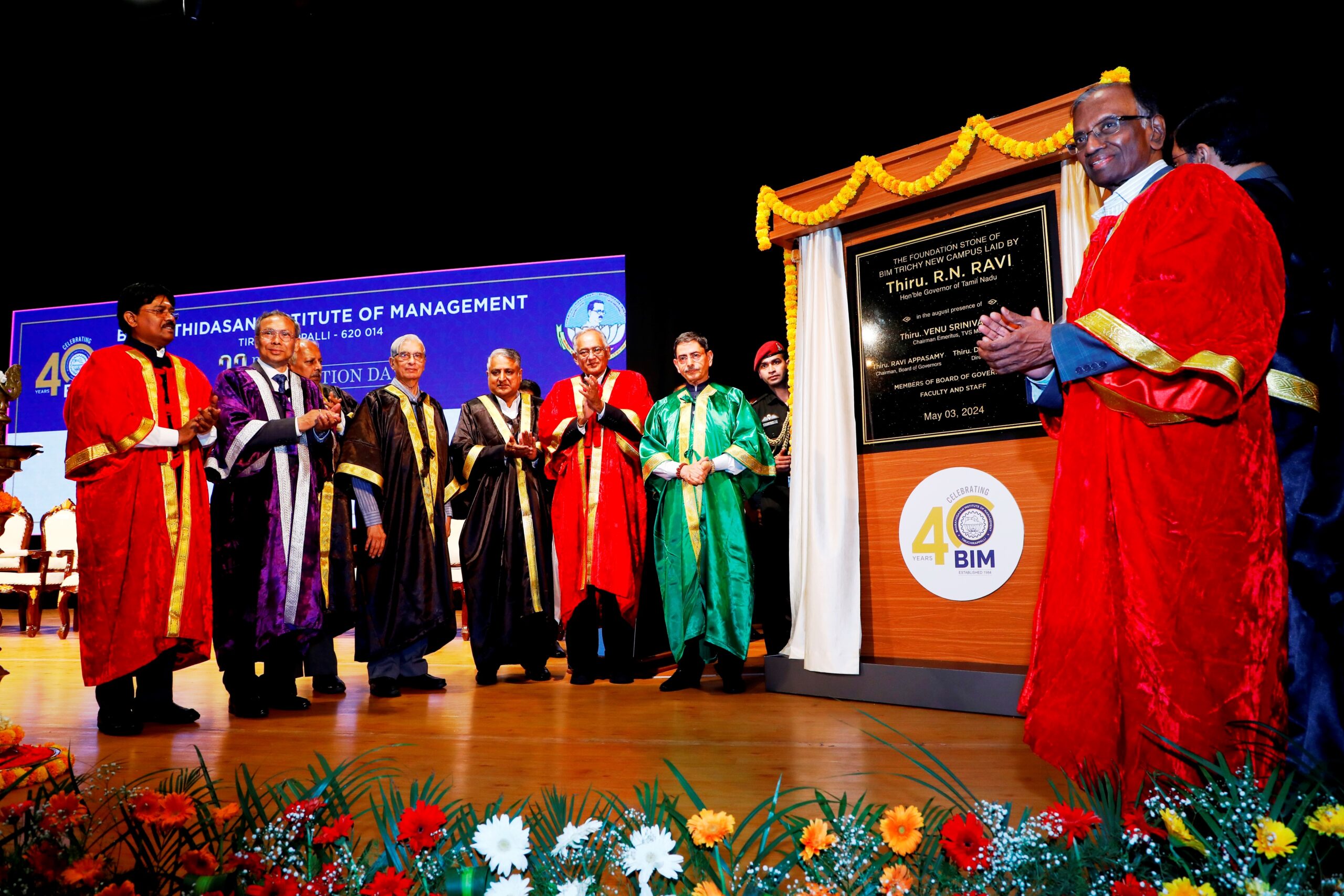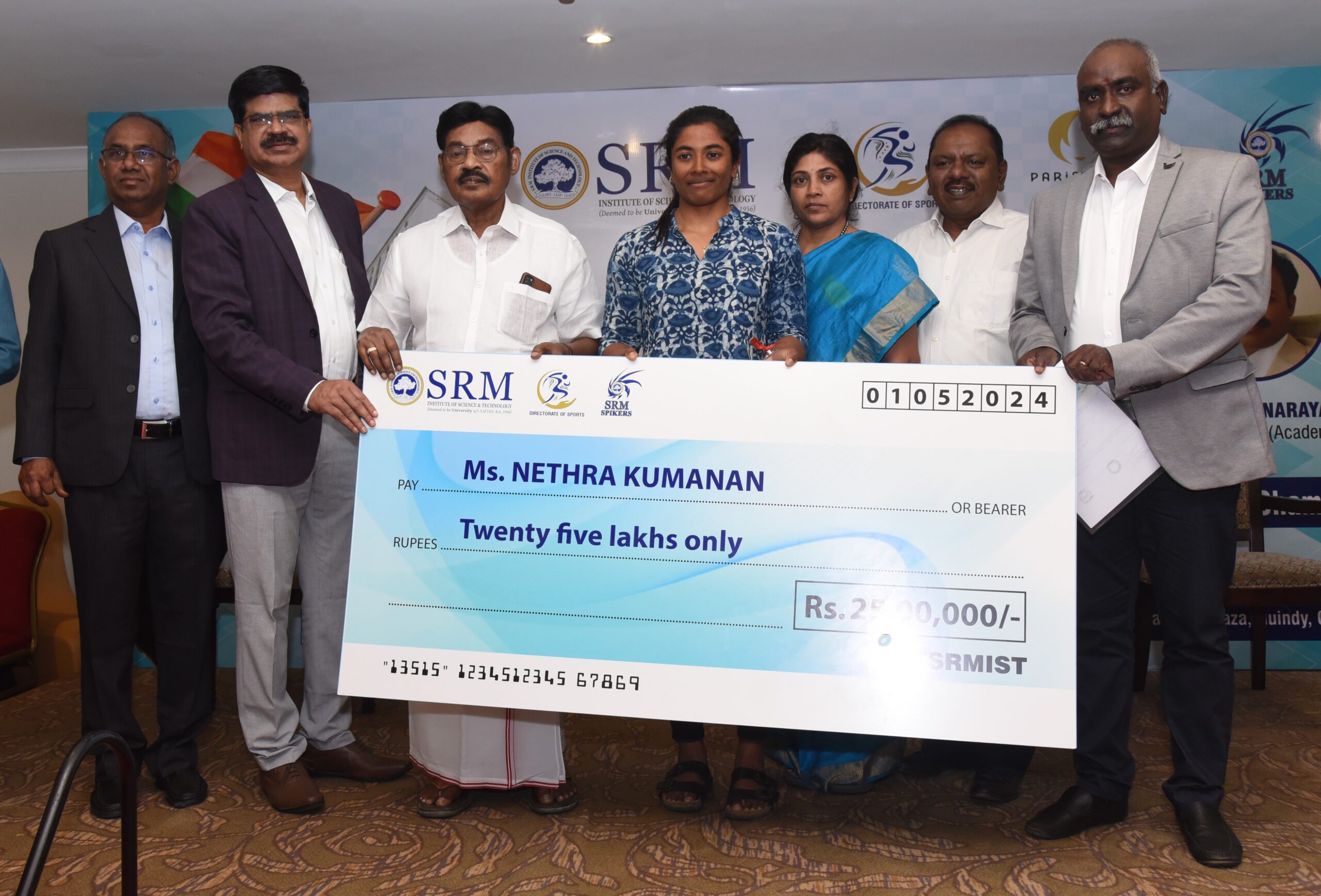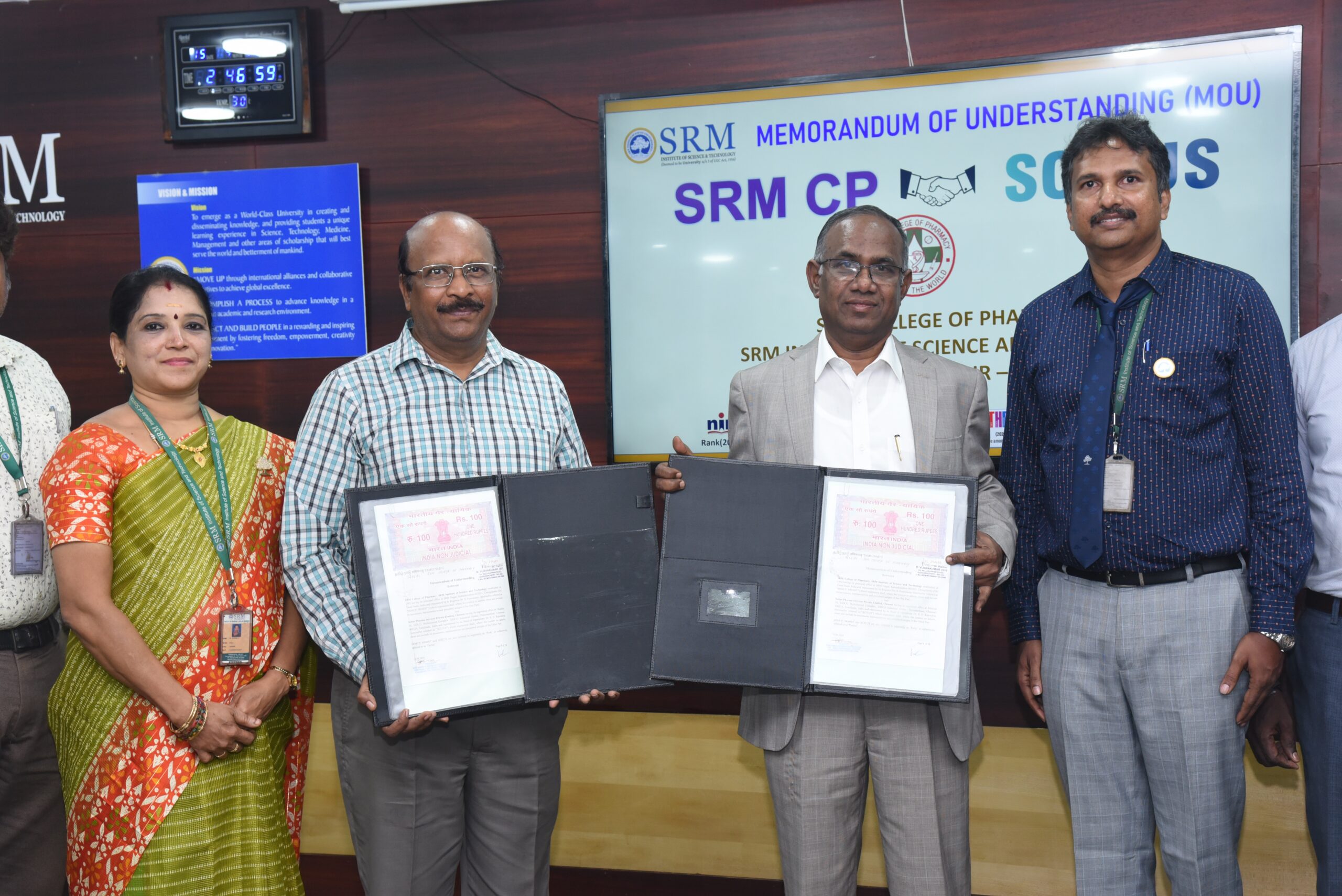The National Education Policy 2020 had undergone a comprehensive consultative process with all key stakeholders to create a visionary policy that speaks to the aspirations of young India. It has been two years since the NEP-2020 was launched and it is an opportune time to take stock of what has happened and the way forward.
Skills like critical thinking, creativity and collaboration, combining learning and knowledge with application, are growing in relevance. Today’s world is volatile, uncertain, complex and ambiguous, in which the only constant is change. This requires the development of leaders who can think on their feet, innovate, and find solutions to a never-ending series of business and people problems. In this regard, a multidisciplinary system of education, as suggested by the NEP (National Education Policy) 2020, is an aspiration to provide students with a well-rounded, holistic and flexible education.
The recommendations on higher education received in the past year have been engaging. Public policy of any kind requires a lot of effort in all stages of the policy-making cycle. Harold Lasswell, at the University of Chicago and Yale University, developed a multi-dimensional model of effective policy-making that is used even today. The five dimensions of his model are: agenda setting; policy formation; decision-making; policy implementation; and policy evaluation. Policy-makers around the world have learnt enormously from Lasswell’s model. The current times and the unique challenges and opportunities that India faces demand a reassessment of the model.
I propose three additional dimensions between the policy formation and the decision-making process: creating awareness among all stakeholders; building consensus among institutions; developing institutional mechanisms to support the policy.
So far, the NEP-2020 has focused on the three proposed dimensions. Stakeholders are seeing the efforts of the Government of India towards ensuring that the policy is implemented in earnest. Since the launch of NEP, the government has been preparing plans for its implementation.
However, vibrant democracies such as India, where ‘education’ is on the Concurrent List of the Constitution, require deliberations, debates and discussions at all levels of the government and regulatory architecture, and among different types of higher education institutions (HEIs).
 Expressnews
Expressnews







